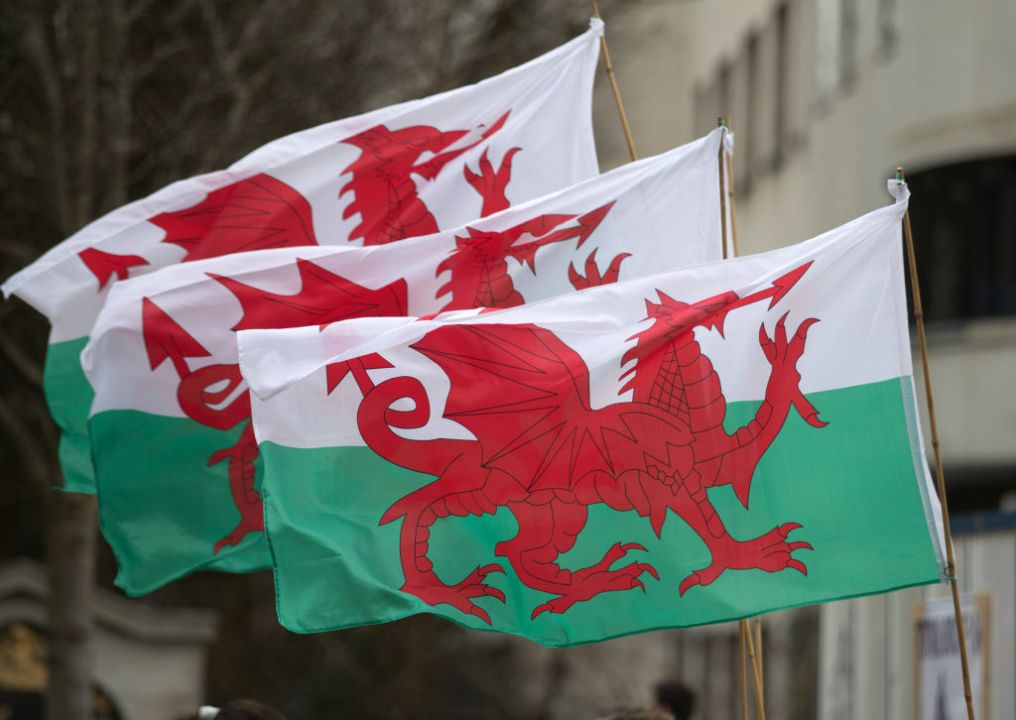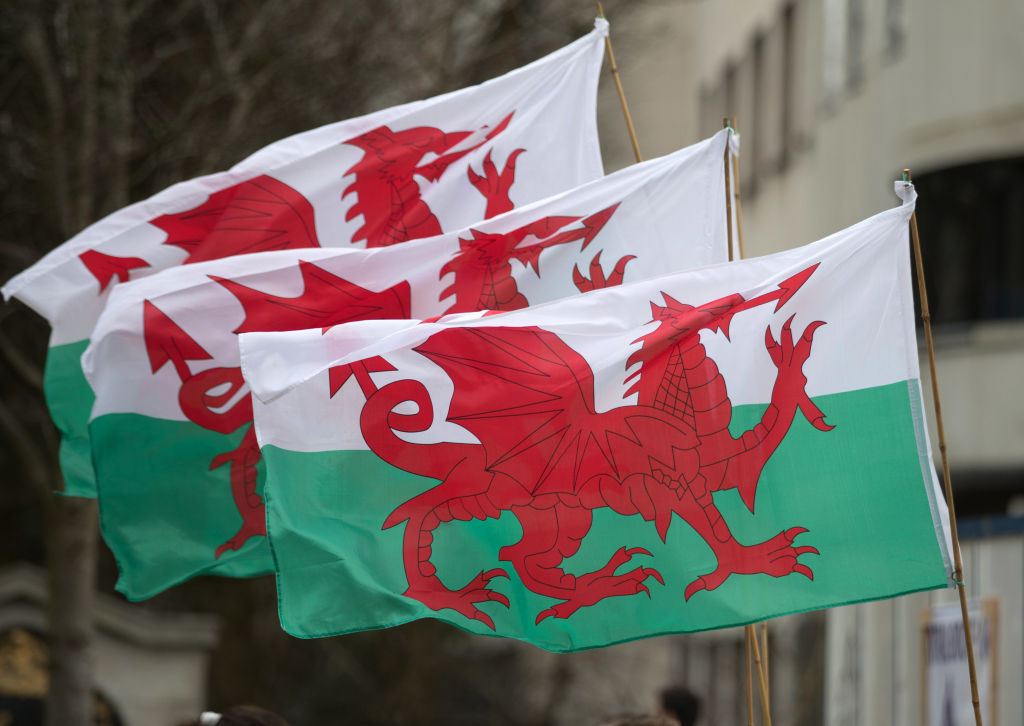Wales often gets left out when people write and think about the Union. People denounce Brexit as an ‘English’ project despite the Principality voting Leave. Now Scotland is (finally) stealing the headlines with the Salmond scandal, and Northern Ireland looks like it will soon be centre-stage as Unionist opposition to the Government’s Northern Irish Protocol hardens.
But something genuinely interesting is happening in Welsh politics. If a new poll published for St David’s Day is any indication, politics in Cardiff Bay could be about to become much more polarised around the constitutional question.
Labour have held office in Wales ever since the advent of devolution in 1999, and always been the largest party by a comfortable margin. To date, no other party has managed to get within ten seats of them.
But if new figures from YouGov are correct, they might be on track to slip from 29 seats to just 24, their lowest total ever. Meanwhile the Conservatives would gain four and leapfrog Plaid Cymru to second place with their own best-ever performance of 16 seats. For their part, the Welsh nationalists would scoop three seats for a total of 14.
Yet devolution has delivered neither a good governance nor a stronger Union
It gets even more interesting when it comes to the smaller parties. Ukip won seven seats at the last election, but have collapsed since. Yet the new poll suggests that most of these could be scooped up by the explicitly anti-devolution Abolish the Welsh Assembly Party, which would win five seats. (If the residual votes currently going to Ukip and Reform UK, Nigel Farage’s new outfit, consolidated behind Abolish, it could even pick up a couple more.)
Meanwhile the Liberal Democrats are forecast to win one seat but could get wiped out altogether. Kirsty Williams, their sole MS, represents Brecon and Radnorshire, a constituency seat whose Westminster counterpart has been comfortably Conservative (barring a very brief interlude in 2019) since the 2015 election. She’s stepping down, and without her personal vote the Lib Dems could lose their last toehold in the Senedd.
This sort of churn is obviously exciting, but if these results were borne out it could shift the political dynamics at Cardiff quite dramatically. To date Mark Drakeford, the First Minister, has been governing with the support of Williams and Dafydd Elis Thomas, a former Plaid leader who now sits as an independent MS. But as professor Roger Awan-Scully of Cardiff University puts it:
No Liberal Democrats in the Senedd also changes the dynamics after an election. If, as expected, Labour is the largest party but short of a majority, they are in a very different position if they have, say, three Lib Dems to negotiate with as well as Plaid. If there is only Plaid, Drakeford has much less bargaining power.
A Senedd comprising only Labour, the Conservatives, Plaid, and Abolish seems to contain few plausible alliances. In fact, it seems to divide quite neatly along constitutional lines into two blocs: a nationalist one comprising Labour and Plaid, and a unionist one comprising the Tories and Abolish. The former would command about two thirds of the chamber, the latter the rest.
Such circumstances would almost certainly create a ‘gap’ in the constitutional centre. Each of the two largest parties would have as their natural partner a party committed to a more radical alternative to devolution – independence in one case, integration in the other – that appeals to a section of their vote.
This would likely accelerate trends already visible in Welsh politics. We have seen Labour talk of ‘home rule’, run pro-independence candidates, and accuse British ministers of ‘colonial attitudes’; as for the Conservatives, they have pivoted hard towards devoscepticism in a bid to shore up their pro-UK flank. The party is also running pro-abolition candidates in this year’s elections.
Suffice to say, the calcifying of politics along constitutional lines – what is sometimes referred to as ‘Ulsterisation’ – is not a healthy development. We have seen in Scotland how electoral coalitions preoccupied with such issues can let politicians get away with consistently failing to deliver on day-to-day issues such as education and health.
In the short-to-medium term, it also seems likely to further entrench Labour and their status quo. But in the long term, it might hold out a better prospect for real political change in Cardiff than a blue/green variation on the usual devocrat policies would have delivered.
If Labour and Plaid are locked together then both are culpable for the Welsh Government’s failures and neither can provide an alternative to the other. That creates a vacuum that the Conservatives and Abolish could fill, especially if a new generation of devosceptic MSs are prepared to take the gloves off and each party can fine-tune its appeal to different but complimentary slices of the electorate.
Some Welsh Conservatives have already started debating what could be a compromise position on the constitutional question: give a Tory-led administration one term to right the ship, with a referendum on abolition to be held at the end. Such a move would give Abolish the opening they’re campaigning for, while challenging devophile Conservatives, who claim the only problem with devolution is Labour’s leadership, to put their money where their mouth is.
We’re more than two decades on from the original creation of the devolved legislatures in 1999. By now the devocrats hoped that they would truly be the ‘settled will’ of the voters, with voters merely choosing between a variety of ‘fiercely devolutionist’ parties, some of which might have a ‘gentle preference’ for Britain. Yet devolution has delivered neither a good governance nor a stronger Union. Those voters who were sold it on that basis have finally noticed. That is going to change devolved politics for good.







Comments